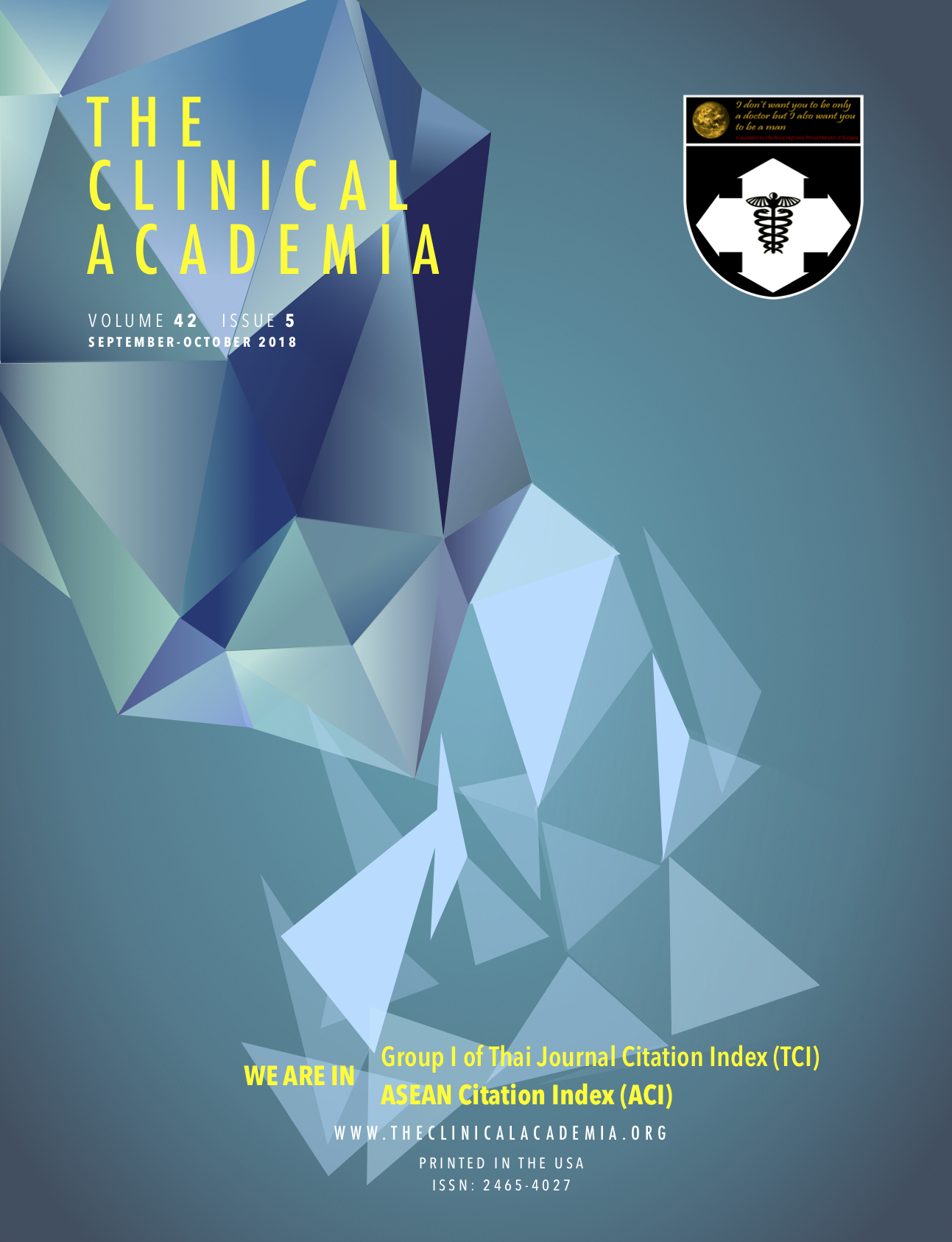Ivabradine versus metoprolol for heart rate reduction in patient ongoing coronary computed tomography angiography: a systematic review
Abstract
OBJECTIVE
To compare the efficacy of ivabradine with that of metoprolol for heart-rate-lowering inpatient ongoing coronary computed tomography angiography (CCTA).
METHODS
We systematically searched the electronic database including PubMed, the Cochrane Library, Scopus, UpToDate and Trip Database with no language restriction. The last search was performed on December 2015. In addition, we hand searched the reference lists and relevant articles of all included studies to identify the further studies. The primary outcome was heart rate (HR) reduction between pre-medication and during CCTA inpatient ongoing CCTA who received either ivabradine or metoprolol. We also compared HR reduction between pre-medication and prior CCTA inpatient ongoing CCTA who received either ivabradine or metoprolol.
RESULTS
We included four randomized controlled trials (RCTs) with a total of 455 patients who suspected coronary artery disease (CAD) and ongoing CCTA. Most of the included trials had a low risk of bias. This meta-analysis we found ivabradine had a statistically significant reduction of HR more than that of metoprolol inpatient ongoing CCTA comparing pre-medication and during CCTA (mean difference (MD) -2.71, 95% CI -3.81 to -1.60, fixed-effect model; I2=0%). Though comparing pre-medication and prior CCTA, the difference of HR reduction was not statistically significant between ivabradine and metoprolol (MD -2.46, 95% CI -7.34 to 2.41, random-effect model; I2=93%). For the meta-analysis of the two studies that were high quality, we found that ivabradine had a statistically significant reduction of HR more than that of metoprolol inpatient ongoing CCTA comparing pre- medication and during CCTA (MD -2.64, 95% CI -6.54 to -0.74, fixed-effect model; I2=0%).
CONCLUSION
Ivabradine had a statistically significant reduction of HR more than that of metoprolol inpatient ongoing CCTA comparing pre-medication and during CCTA.



